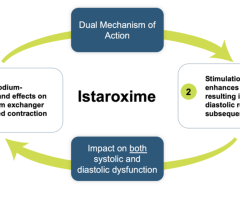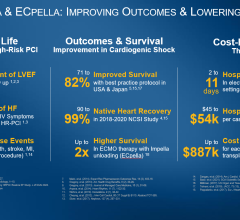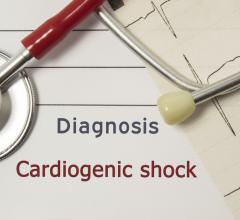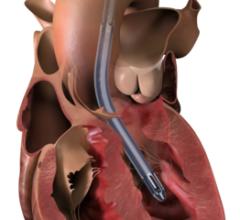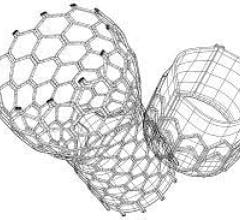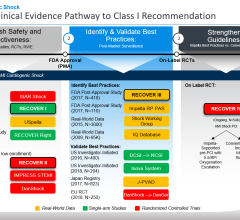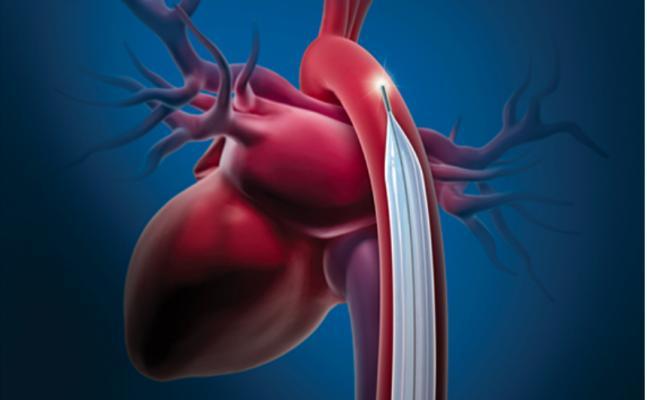
November 19, 2019 — Since Maquet/Datascope first recalled all of its intra-aortic balloon pumps (IABP) due to reports of the batteries failing in November 2018, a year later the U.S. Food and Drug Administration said its has received more than 60 additional medical device reports related to this issue. These included two patient deaths and one serious patient injury.
The FDA said although the deaths cannot be definitively attributed to the device shutting down, IABPs are used on critically-ill patients in health care facilities, including during transport, and any interruption in treatment can result in serious patient harm or death. At the time of the recall, Maquet/Datascope was aware of five patient deaths since March 2016, although the firm has not concluded that the deaths are due solely to the device shutting down while operating on battery power, the FDA said.
Read the updated Nov. 19, 2019 letter from the FDA
The company said the recall included 22,853 devices in the United States.
The original recall notice was send Nov. 1, 2018, and stated the Cardiosave (Hybrid and Rescue) CS300 and CS100/CS100i system may fail to hold a battery charge, causing the IABP to stop unexpectedly and shorten the system run-time. This may cause the device to stop working when being operated by battery only. The FDA issued a recall notice that said if a patient requires life-supporting therapy with an IABP and the device does not work or if therapy is stopped during use due to battery failure, the patient will be at risk of serious injury, including death.
The FDA issued another MedWatch safety alert Nov. 19, 2019, to update healthcare providers on the issue and make them aware of the the numerous reported device failures reported. The FDA said it continues to work with the manufacturer to examine and address the root cause of these IABP devices shutting down while running on battery power. Maquet/Datascope is currently developing a Cardiosave battery maintenance software upgrade.
Last November, the FDA issued a warning letter explaining it was evaluating reports of Getinge's Maquet/Datascope IABP devices shutting down while running on battery power. The company issued a letter to providers warning them about this issue Nov. 1, 2018. The warning has now been elevated to a full recall.
This FDA Class I recall is being conducted to ensure that all IABP users and servicers follow each device's operating instructions manual for recommendations on usage, charging, maintenance and storage of the batteries, as battery run times and discharge cycles vary between IABP models. If battery maintenance is not performed per the operating instructions manual for each IABP, the battery may not provide the expected minimum run time of operating power.
The recall includes the following Maquet/Datascope IABP models. This includes all lot numbers and manufacturing dates:
• Cardiosave Hybrid IABP
• Cardiosave Rescue IABP
• CS300 IABP
• CS100/100i IABP
The Maquet/Datascope IABPs are cardiac assist devices used with patients undergoing cardiac and non-cardiac surgery, and to treat patients with acute coronary syndrome or complications from heart failure.
Corrective Action to Prevent IABP Battery Failure
On June 17, 2019, Maquet/Datascope sent affected customers an "Urgent Medical Device Correction" notice informing them of the potential risk of battery failure and listing actions that should be taken to minimize patient harm. The vendor is contacting each customer to schedule a training visit to review a recently developed battery operations, care and maintenance reference guide specific to each IABP based on the operating instructions manual(s) provided with each device. The company said no product returns are required.
The notice instructed customers to:
• Ensure the IABP is plugged into an AC power outlet when the system is not in use and whenever possible during patient use.
• Refer to the IABP operating instructions manual for recommendations on portable/battery operation when transporting patients within or between facilities.
For the Cardiosave Rescue and Cardiosave Hybrid IABPs only:
• Have additional charged batteries on hand during transport.
• Ensure the batteries are properly seated in the battery compartment/charger and the IABP console is completely seated/secured into the IABP cart.
• For the Cardiosave Hybrid, users can verify if the console is completely seated in the IABP cart by the indicator on the display.
• Check battery run time and replace batteries as required, as recommended in each IABP's Operating Instructions Manual.
Batteries should be replaced:
• After reaching the maximum number of charge-discharge cycles.
• When the battery provides less than the minimum specified run time.
• If the battery is broken, cracked, leaking or damaged.
• When the labeled lifetime of the battery is reached.
The company said batteries for the Cardiosave Hybrid and Cardiosave Rescue IABPs sold before June 2015 should be replaced immediately as the labeled lifetime for these batteries is four years. Replacement batteries can be ordered through a sales or service representative. To determine the date of manufacture for all Cardiosave batteries, refer to the document, "Cardiosave Lithium-ion Battery Pack" ML-0795 in the "Urgent Medical Device CorrectionExternal Link Disclaimer" notice.
For CS100/CS300 systems, informational messages on the display screen provide information to the operator regarding the batteries. The "battery maintenance required" message indicates that the IABP internal battery requires maintenance. The battery test due date or battery replacement date predate the current system date at startup or the internal battery has a total accumulated discharge time in excess of 100 total discharge cycles.
Ensure only Datascope approved or sourced batteries are installed and used for all replacement batteries.
Users can complete and return page 4 of the "Urgent Medical Device Correction Form" by fax to 1-866-340-5660, or email at: [email protected].
Maquet/Datascope is currently developing a Cardiosave battery maintenance software upgrade targeted for early 2020. This updated software requires FDA clearance and once completed, a Maquet/Datascope service representative will contact customers to schedule the installation of the updated software at no cost.
A similar software upgrade was released for the CS300 IABP and CS100 IABP in 2017. If operators are unsure whether their IABP has been updated with the released software upgrade, they can contact Maquet/Datascope Technical Support Department with the model and serial number of the IABP.
Customers with questions about this device correction may contact Maquet/Datascope Technical Support Department at 1-888-627-8383 (select option "3") from 8 a.m. - 6 p.m.(Eastern Time), Monday through Friday.
Links to the Getting Resources For Customers:
• Datascope Urgent Medical Device Correction Notice (June 17, 2019)External Link Disclaimer
• Datascope Cardiosave, CS100 and CS300 Battery Quick Reference GuidesExternal Link Disclaimer
Links to the FDA Class 1 Recall Notices:
Class 1 Device Recall Cardiosave Hybrid IntraAortic Balloon Pump
Class 1 Device Recall Cardiosave Rescue IntraAortic Balloon Pump
Class 1 Device Recall CS100 IntraAortic Balloon Pump
Class 1 Device Recall CS300 IntraAortic Balloon Pump
Related IABP Content:
Getinge Issues Worldwide Voluntary Correction of Maquet/Getinge Cardiosave Intra-Aortic Balloon Pump
Maquet/Datascope Intra-Aortic Balloon Pumps Might Fail on Battery Power

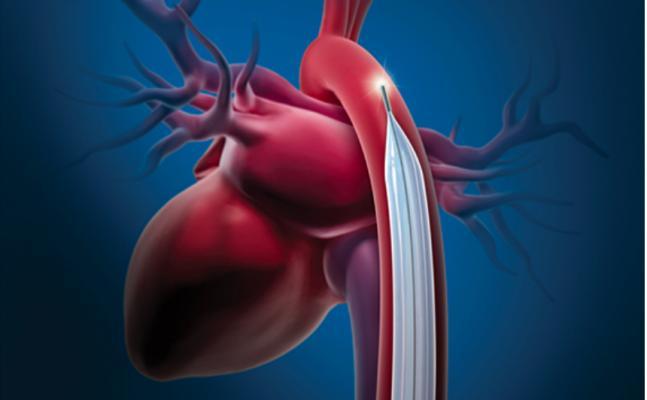
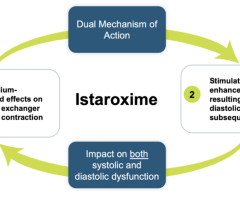
 April 28, 2023
April 28, 2023 
